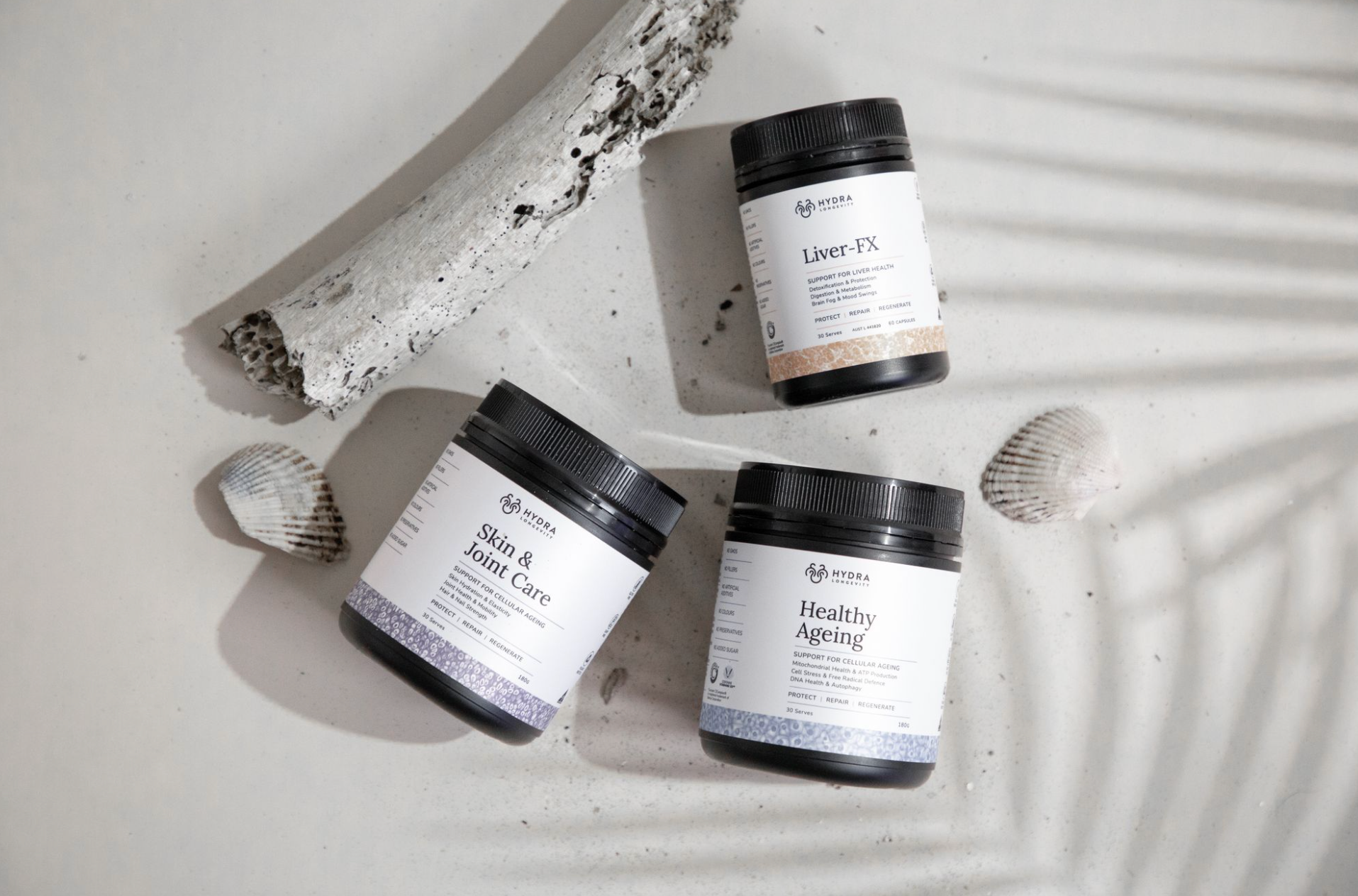Don’t know where to start exploring when you hear the word anti-aging? Are you overwhelmed by the amount of new research you’re reading in the media every day?
There's been an explosion of research and funding worldwide into this emerging field of medicine over the last decade.The great thing is that we have some eminent scientists and very clever people doing a lot of work on how we can extend our lifespan and most importantly improve our healthspan.
Leading scientists in the field of life extension, called geroscientists, have uncovered new and incredible insights about the biological basis of aging. These longevity scientists are reversing long-held ideas about the aging process. Moreover, these geroscientists are developing drugs to slow down the aging process and beat back the chronic diseases that come with it, such as heart disease and stroke, cancer, type 2 diabetes, respiratory diseases, Parkinson’s disease and Alzheimer’s disease (AD).
These scientists are determined to beat back the chronic disease of aging.
Below are some quotes from eleven of the leading scientists. What these longevity experts have in the pipeline just may surprise you.
Harvard’s Dr. David Sinclair – best known for his research into sirtuin genes and advocacy of using NMN to boost the anti-aging molecule NAD says:
“When we first started, people said ‘Oh aging is too complicated to actually slow it down, let alone reverse it.’ We’re finding actually when you understand what’s going on inside cells it’s quite simple to reverse the aging process.”
Steven N. Austad, Ph.D. is a leading longevity researcher, as well as a distinguished professor and department chair in the Department of Biology at the University of Alabama at Birmingham. As Dr. Austad says,
“Aging is the big enchilada. It’s the thing that if we can do something about slowing the rate of aging it’s gonna change everything.”
Nir Barzilai, MD is the director of the Institute for Aging Research at the Albert Einstein College of Medicine and is best known for spearheading the 65 million-dollar clinical trial of metformin as an anti-aging drug, called the TAME Trial. As Nir Barzilai says:
“We’ve shown in our labs every day we can extend their lifespan but not only their lifespan their healthspan. This is what we’re most interested in doing this is not science fiction this is science now.”
Dr. Rudolph Tanzi is a Professor of Neurology at Harvard University and has published roughly 500 scientific papers including the top three most-cited papers in Alzheimer’s disease research. As Dr. Tanzi puts it,
“I don’t look at aging as a disease. I look at it as a process from the embryo to the end of death reaching a peak of sweetness like a fruit and then starting to, at that point, decay. The question is, when we think about aging research, how do we make that apple taste sweeter and juicier for a longer time.”
Dr. Tanzi provides a recommendation for preventing Alzheimer’s disease, saying,
“35% of Alzheimer’s is preventable by lifestyle. In terms of what you need to do it comes down to shield. It comes down to sleep, handling stress, social interaction, exercise, learning, diet.”
Leading longevity researcher, Nathan LeBrasseur, Ph.D. is the director of the Healthy Aging program at the Mayo Clinic. Dr. LeBrasseur found a way to reverse the symptoms of a deadly respiratory disease called IPF in the lungs of mice by treating them with compounds called senolytics that clear the body of worn-out senescent cells. Dr. LeBrasseur believe that,
“Aging may not be something that is just set in stone, but something that we can maybe modify or alter. In my mind, it could have the most kind of disruptive and transformative effect on human health as we know it.”
University of Chicago professor S. Jay Olshansky, Ph.D. is a leading light in the field of longevity science, who says that,
“The time has arrived for a new paradigm, and that new approach is to slow or attack the biological process of aging itself and how we need to really alter the way in which we think about aging longevity and disease.”
Thomas Rando, MD, Ph.D. is the Deputy Director of the Stanford Center on Longevity and is best known for his parabiosis experiments, in which young mouse blood rejuvenated older mice. In Dr. Rando’s opinion,
“What if it’s true that young factors, this beneficial effect of young blood on old tissues, could actually not only slow the aging process but could actually treat or ameliorate to some extent all of these diseases of aging.”
Dr. Judith Campisi is a longevity researcher who found that treatment with intermittent doses of rapamycin slowed down aging in mice. As Dr. Campisi puts it,
“We’re beginning to identify these basic processes and how different tissues age and make recommendations of interventions and lifestyle changes that will improve that on a population level. Everyone will have to come up with your own formula.”
Joon Yun, MD is a silicon-valley tycoon and financial backer of the life extension research made famous by sponsoring the Palo Alto Longevity Prize. As Dr. Yun puts it,
“If your intervention one intervention improves 20 things that seeming you only related you’re out you’re addressing aging. You know healthy is such a fuzzy word, ‘function,’ we understand. If you can maintain the functions that we had as a young person much longer, let’s see what happens. So it’s really turning this whole long day of your argument upside down.”
Professor Ana Maria Cuervo, MD, Ph.D. is the co-director of the Einstein Institute for Aging Research. Dr. Cuervo ‘s research interests lie in the cellular quality control system known as autophagy and the role it plays in cancer, neurodegenerative diseases, and metabolic disorders. Dr. Cuervo believes that
“But I think for me as a physician more than how long you can live how long you can be healthy. So for us, the important thing is that health span is as close as possible to your lifespan.”
Dr. Joel Fuhrman is a firm believer in the longevity benefits of a healthy diet, saying
“We could have almost everybody being a centenarian without dementia and without the chronic illnesses if we ate an ideal diet. I’m saying right now is that the body is already disease resistant if it’s fed properly.”
Excerpts of this article were first published by Brady Hartman for Longevity Facts





